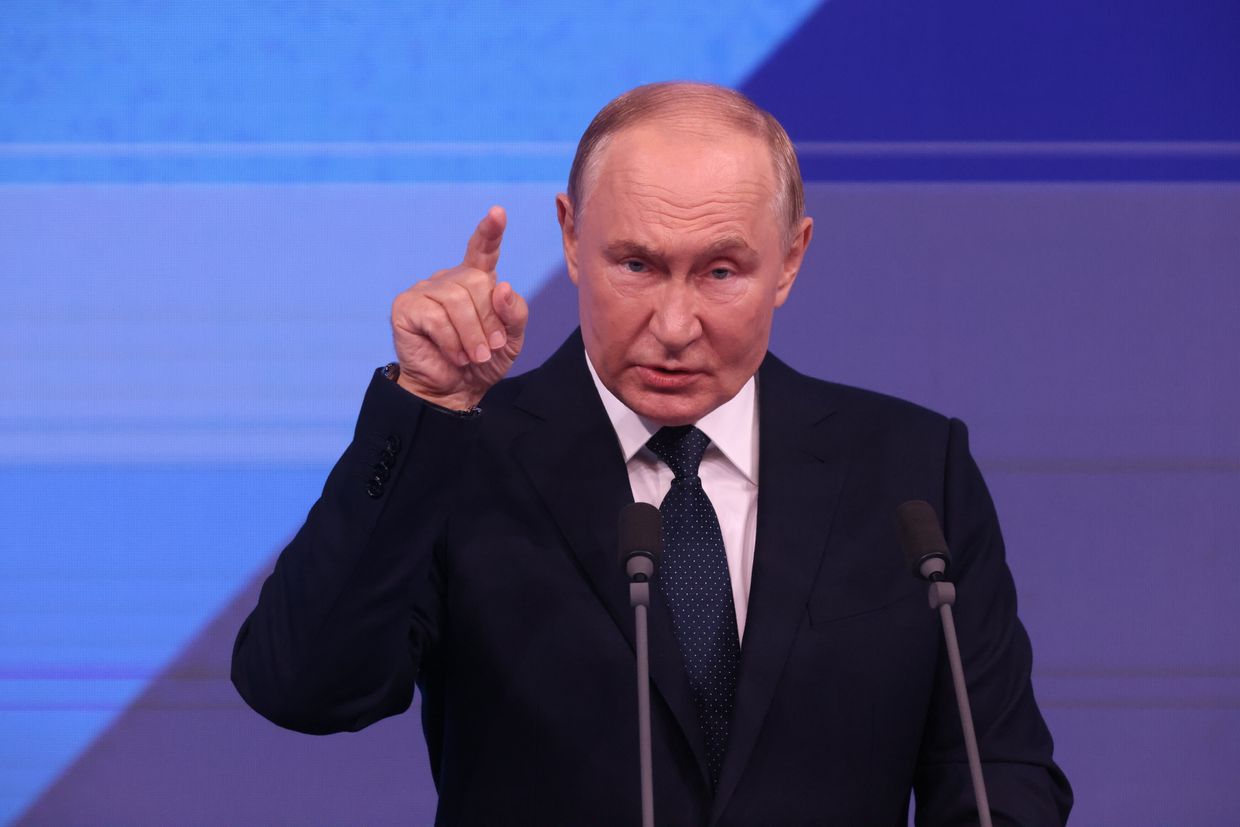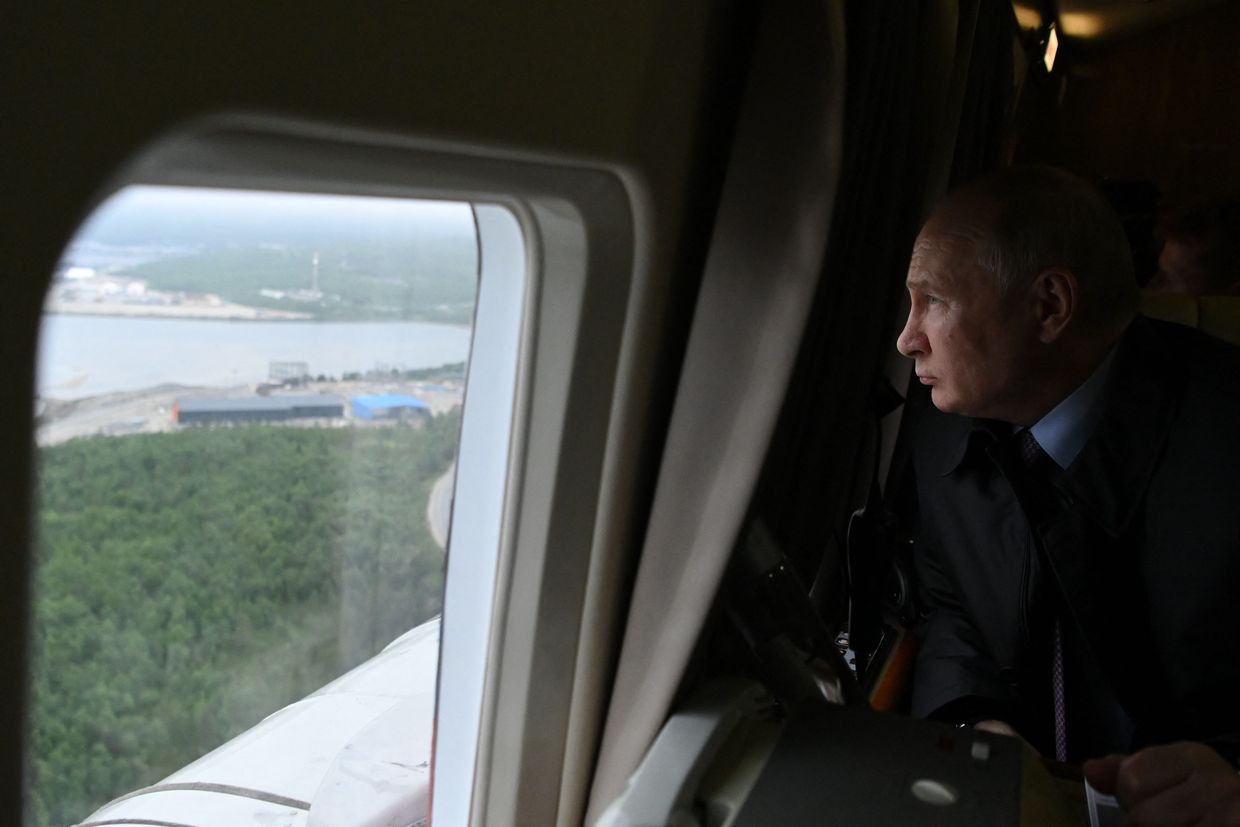Ukraine is at a crucial turning point. As we focus on reconstruction amid ongoing Russian aggression, one aspect is pivotal to our success: war risk insurance. This tool is indispensable for attracting foreign investment and ensuring the resilience of local businesses.
War risk insurance is designed to protect businesses against losses caused by military conflict, covering a wide range of risks, from physical destruction to operational disruptions. Its importance extends beyond damage recovery – it’s about building confidence, which is essential for both investors and businesses operating in conflict zones like Ukraine.
One notable example of mitigating war risks is a collective plan with funds shared by multiple states. We all know about the Marshall Plan during World War II, which provided significant financial assistance to European countries to help rebuild their economies and infrastructure after the war. While the primary focus of the Marshall Plan was economic recovery and reducing risks of future conflict, it effectively provided a form of war risk insurance. By fostering stability and confidence, it created a favorable environment for investors and contributed to Europe's long-term recovery and growth.
Several insurance programs are currently addressing war risks in Ukraine. International agencies, such as the U.S. International Development Finance Corporation (DFC) and the Multilateral Investment Guarantee Agency (MIGA), have made significant strides. DFC, for example, recently announced $357 million in new political risk insurance to protect critical investments necessary for our recovery. MIGA offers coverage for foreign investors starting at $5 million, with terms lasting up to 20 years. Some international programs may not specialize in Ukraine, but they offer political and war risk insurance that includes coverage for investments in the country.

However, the process for securing coverage from international agencies can be slow and bureaucratic, often taking many months. Limited available information complicates this further. This creates challenges for investors seeking confidence and swift protection, especially in high-risk areas. Despite the growing presence of international insurers, a significant gap remains – especially for medium and high-value commercial property and for Ukrainian businesses requiring coverage exceeding $5 million.
It’s important to note that international agencies aren’t the only ones providing war risk coverage. Local providers, such as Ukraine’s Export Credit Agency (ECA) and private insurers like ARX and INGO, are playing an increasingly important role. ECA has made progress offering war and political risk insurance for Ukrainian businesses, covering projects up to 200 million hryvnias (about $5 million), with premiums ranging from 0.5% to 8%. However, ECA has yet to issue any significant investment insurance policies, signaling that more must be done to bridge the gap between potential and reality.
Meanwhile, private insurers like ARX and Oranta are offering coverage for property damage caused by war, with premiums averaging between 1-3% of the insured amount. Their coverage limits typically cap at 10-20 million hryvnias ($241,369-$482,738), providing a vital, albeit limited, service to small Ukrainian businesses.
International stakeholders' participation is critical. Organizations like USAID, the European Bank for Reconstruction and Development (EBRD), DFC, and the European Investment Bank (EIB) are essential in overcoming the bottlenecks in war risk insurance. These organizations are uniquely positioned to offer financial and structural support to local and international insurers, enabling them to provide larger-scale coverage, faster processing times, and more flexible terms.
For Ukraine, these organizations are not just partners but crucial stakeholders, whose support will directly impact the pace of recovery. High hopes are placed on their ability to work with private and state insurers to create a robust framework capable of meeting Ukraine’s complex insurance needs.
The recent appointment of the U.S. Special Representative for Ukraine’s Economic Recovery brings new optimism. This role is expected to play a pivotal part in galvanizing international coordination on war risk insurance. By working closely with institutions like DFC and USAID, the Special Representative can help streamline processes and expand coverage – critical steps toward unlocking more investment in Ukraine.
Additionally, representatives for Ukraine’s reconstruction have been appointed by countries such as France, Poland, Germany, Italy, and others. These appointments reflect a unified international commitment to supporting Ukraine’s recovery. However, more countries would benefit from appointing similar representatives to enhance international coordination, streamline aid delivery, and ensure a comprehensive approach to recovery.

Despite the availability of war risk insurance, coverage for medium and large-scale commercial properties remains far below what’s needed to support Ukraine's recovery. Existing solutions, while helpful, only cover a fraction of the demand. This gap leaves businesses exposed and the market underserved, highlighting the need for more comprehensive and robust insurance offerings to fully protect investments and encourage large-scale reconstruction efforts. Expanding these services is essential for boosting investor confidence and driving sustainable economic growth in Ukraine.
"Coverage for medium and large-scale commercial properties remains far below what’s needed to support Ukraine's recovery."
Ukraine is offering foreign investors the protection they need, but we must strengthen the infrastructure to back it up. Communication must also be systematic to provide transparency and confidence to everyone interested in doing business with Ukraine. War risk insurance should be seen as a core part of our reconstruction strategy, not only underwriting new investments but also safeguarding existing businesses that remain the backbone of our economy.
As a member of the Ukrainian parliament and representative to the Parliamentary Assembly of the Council of Europe, I call on our partners in Europe and the international financial community to take decisive action. It is vital that we develop and fund war risk insurance programs that allow Ukraine to unlock its full potential as a strategic economic player in Europe and the global market. Insurance programs must target large, medium, and small businesses, offering a variety of insurance products to meet diverse needs.
The road ahead is fraught with uncertainty, but with the right financial tools, Ukraine can emerge from this war stronger, more resilient, and more connected to the global economy than ever before. War risk insurance is the key to unlocking that future.
Editor’s Note: The opinions expressed in the op-ed section are those of the authors and do not purport to reflect the views of the Kyiv Independent.
Introducing official
merch from the Kyiv Independent













